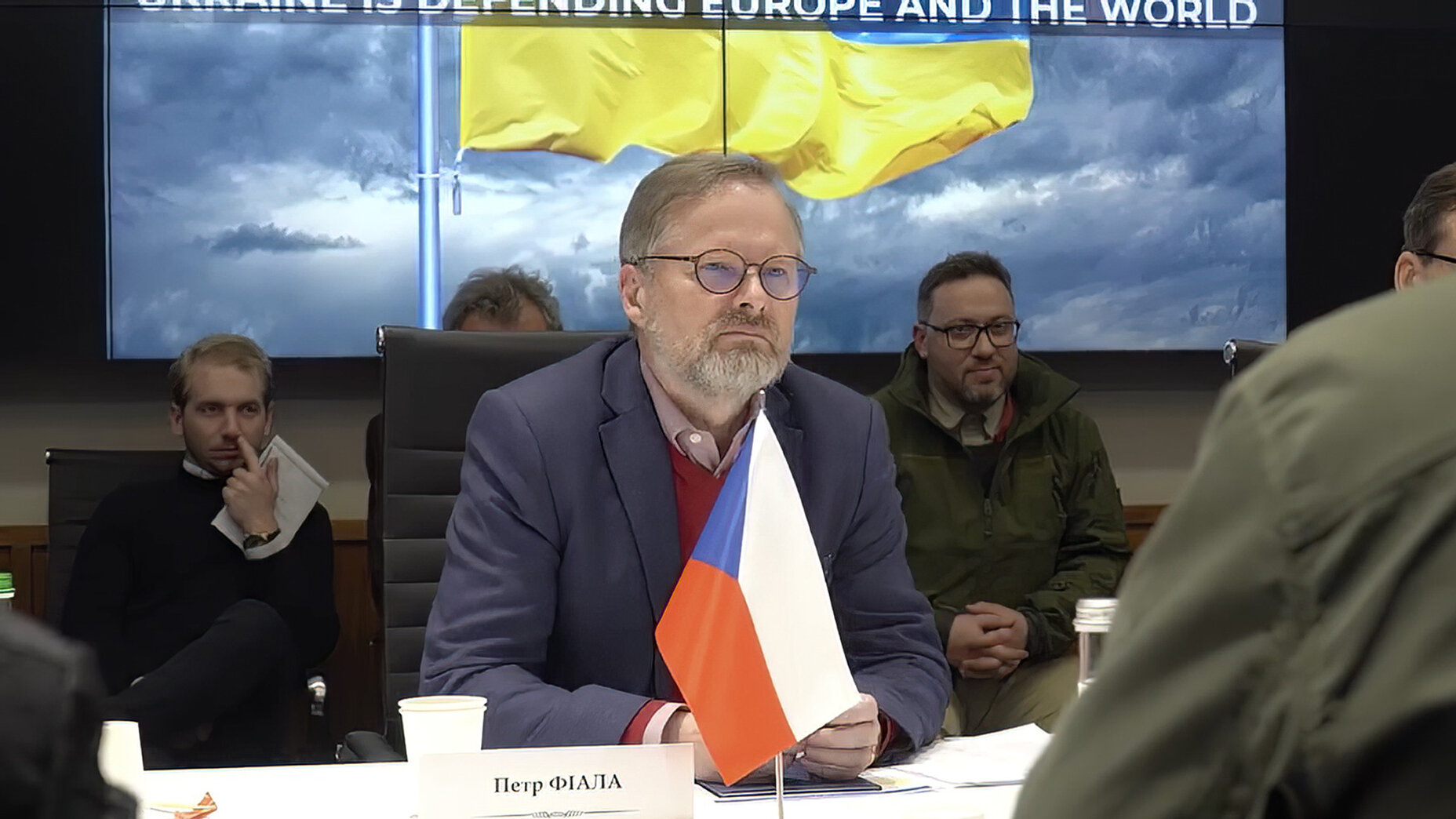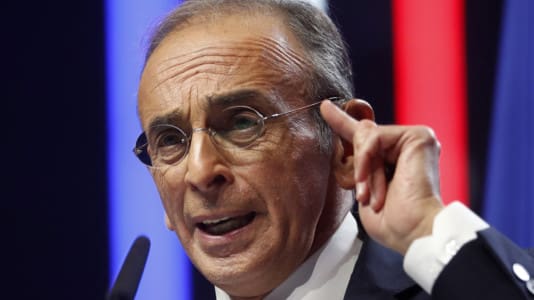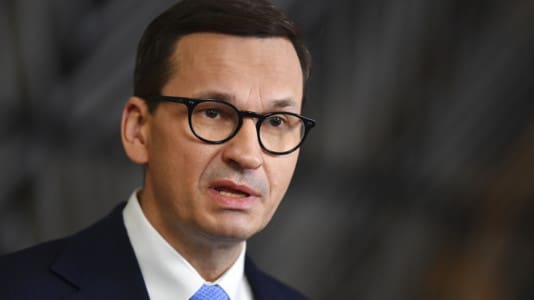Czech Prime Minister Petr Fiala has called for countries to do more to help Ukraine defend itself against Russian aggression.
In a wide-ranging interview with the SeznamZprávy news outlet, the Czech leader commented on the no-fly zone requested by Ukrainian President Volodymyr Zelensky, in addition to the need to further isolate Russia through the exploration of alternative energy resources.
“If Ukraine, which is waging an extremely brave battle, does not have enough military equipment, it has no chance of succeeding against Russia,” Fiala told the new Czech news portal.
“Czechia is doing its best, many countries with experience of Russian aggression are helping. However, other countries also must help,” he added.
The Czech prime minister reiterated that countries must now send the aid that Ukraine explicitly calls for, which is primarily military technology. He warns that if the Ukrainians possess an insufficient number of anti-tank and anti-aircraft missiles, they will not be able to defend their cities and ultimately fail.
He also commented on Poland’s Deputy Prime Minister Jarosław Kaczyński’s plan to deploy a NATO peacekeeping mission in Ukraine, concluding that while it was encouraging that countries were putting forward ideas, the peacekeeping mission proposal was “not yet very specific” and European nations should use other means to turn the screw on Russia.
“Now, we must provide humanitarian and military aid, and to push on Russia with all means — these are sanctions, diplomatic pressure, and other tools,” Fiala stated.
With our help, Ukraine could achieve a no-fly zone
On the issue of declaring a no-fly zone over Ukraine, the Czech prime minister warned that it was necessary to consider this step very thoroughly and realize its consequences. However, he added that a no-fly zone could be achieved to a certain extent if the Ukrainians had enough anti-aircraft missiles and equipment. That way, Ukraine can ensure a no-fly zone to some degree without direct military intervention from NATO allies that would risk escalating the conflict.
“I know it’s not the no-fly zone requested, but it’s a way to help. I don’t like to think about things that are far away. In this case, all NATO nations would have to agree (with declaring the no-fly zone), and we are far from that,” Fiala stated.
He also warned of repeating the situation after the annexation of Crimea, when most states said that this peninsula would be enough for Russia.
“It was not enough, and Russia will not be satisfied (only with Ukraine) now. It is about Mariupol, Kyiv, Kharkiv, but also about Central Europe, the Baltic States, and the Czech Republic. If we allow Russia to win this aggression, it will not end there. That is important,” he emphasized.
Energy transition is difficult but necessary
A key consequence of the Ukrainian conflict for other countries must be Europe’s dependency on Russia for energy, and there has been a shift in the minds of many European states during the current conflict, Fiala revealed.
“Germany has been planning its energy policy for years in a way that would make the country largely dependent on Russia and is now rethinking it. It’s going fast, but not as fast as we all would like. Some states have experienced Russian aggression and said from the beginning that only tough and clear action could stop Putin. These were the Baltic states and countries of Central and Eastern Europe,” he noted.
As for energy dependence on Russia, the less difficult part, according to Fiala, is oil, the more difficult is gas. He recalled that at the last informal European Council meeting, countries agreed that the EU’s goal should be to reduce dependence on Russia as soon as possible.
However, the pace is not quick enough for Fiala who has called for speedy negotiations with other suppliers, looking into other technologies, building new infrastructure, or using liquefied gas.
“It takes steps you can make within months, maybe years, but you can’t do them overnight. Unfortunately, Europe has been reckless about its own security. We’re paying for it now. What is happening in Ukraine is a form of sobering up,” said Fiala.
When asked whether Vladimir Putin should end up in front of the International Criminal Court, Fiala responded without hesitation.
“Just look at the footage we see every day, the suffering of civilians, what Russia does over there when conquering those cities. That is inexcusable and indefensible,” he concluded.





